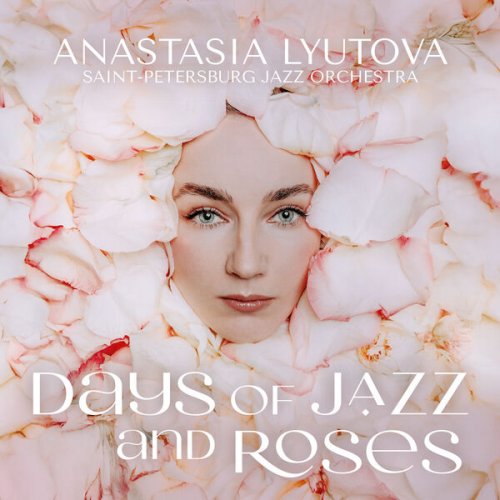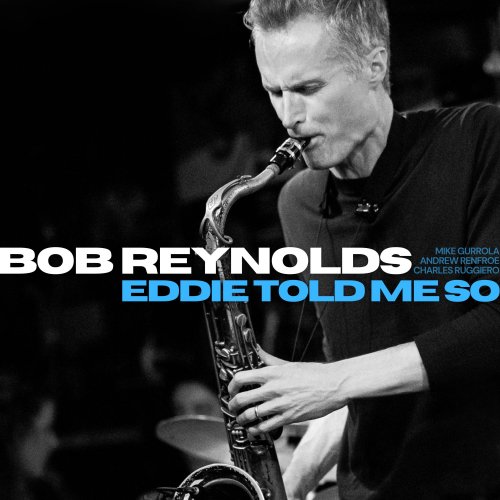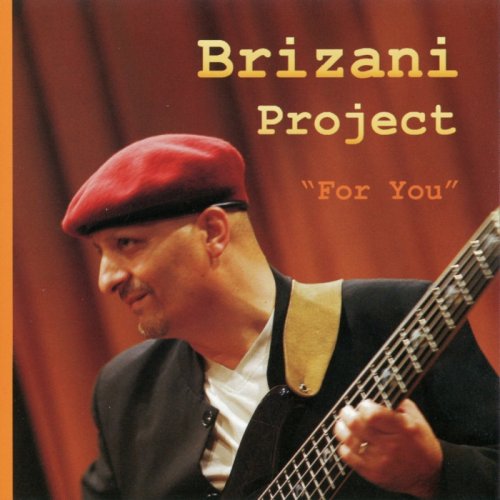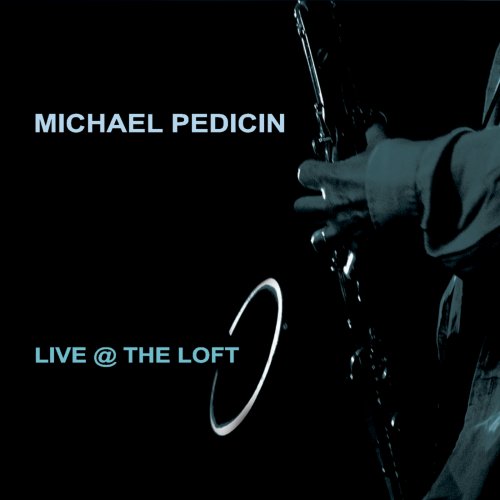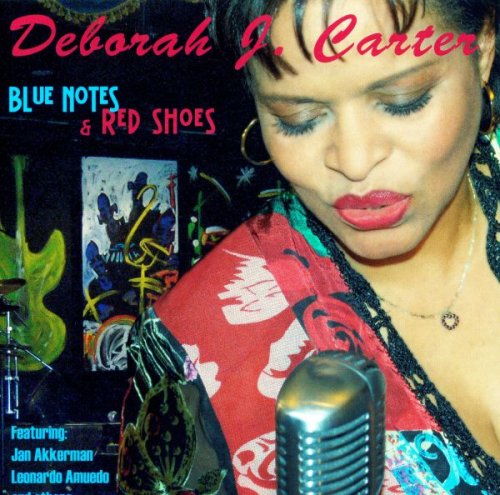Elena Càsoli, Jürgen Ruck, Johannes Kalitzke - Claus-Steffen Mahnkopf: Hommage à György Kurtág (2014)
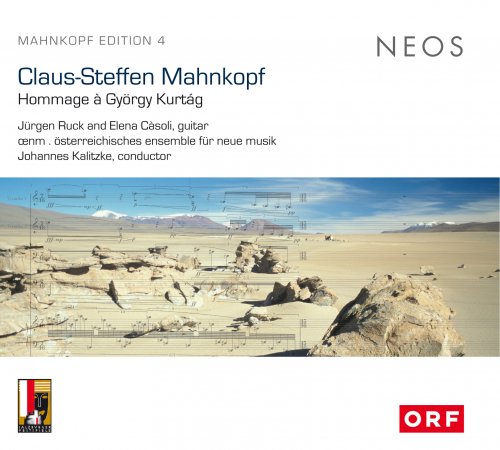
Artist: Elena Càsoli, Jürgen Ruck, Johannes Kalitzke
Title: Claus-Steffen Mahnkopf: Hommage à György Kurtág
Year Of Release: 2014
Label: Neos
Genre: Classical
Quality: FLAC (tracks)
Total Time: 01:17:56
Total Size: 266 Mb
WebSite: Album Preview
Tracklist: Title: Claus-Steffen Mahnkopf: Hommage à György Kurtág
Year Of Release: 2014
Label: Neos
Genre: Classical
Quality: FLAC (tracks)
Total Time: 01:17:56
Total Size: 266 Mb
WebSite: Album Preview
Hommage à Gyorgy Kurtág (Claus Steffen Mahnkopf)
01. Hommage à Gyorgy Kurtág - 01:03:32
Kurtág-Duo (Claus Steffen Mahnkopf)
02. Kurtág-Duo - 00:14:24
Performers:
Jürgen Ruck (guitar)
Elena Càsoli
Österreichisches Ensemble für Neue Musik
Johannes Kalitzke
CLAUS-STEFFEN MAHNKOPF, born in 1962 in Mannheim (Germany), studies in composition, music theory, piano, musicology, philosophy, and sociology with Brian Ferneyhough, Klaus Huber, Jürgen Habermas among others. Music degree and PhD. Since 1984 international prizes and awards, including the Gaudeamus Prize, Stuttgart Composition Prize, Ernst von Siemens Music Grant, Villa Massimo. Since 2005 Professor of Composition at the Leipzig Academy of Music and Theater. Editor of the journal Musik & Ästhetik and the book series New Music and Aesthetics in the 21st Century, author of over 120 essays and numerous books (e.g. Kritische Theorie der Musik).
"After Angelus Novus, I reached a fork in my path. I felt the need to work separately through the different expressive areas I had previously sought to combine, in the form of cycles specifically conceived for this purpose, in order to gather the necessary experience so that, one day, my musical language would once again be able to reach some form of (higher) synthesis.
Among these is my Kurtág Cycle.
Kurtág represents this sad, mourning, remembering, “nostalgic” consciousness in relation to past culture. The miniaturization and concentration of material is reminiscent of Webern, while his roots in folk culture call Janáček to mind. He writes – using conservative means – a music whose conservative nature is experienced as non-conservative; no other composer achieved this. He is a miracle in the midst of modernity."
"After Angelus Novus, I reached a fork in my path. I felt the need to work separately through the different expressive areas I had previously sought to combine, in the form of cycles specifically conceived for this purpose, in order to gather the necessary experience so that, one day, my musical language would once again be able to reach some form of (higher) synthesis.
Among these is my Kurtág Cycle.
Kurtág represents this sad, mourning, remembering, “nostalgic” consciousness in relation to past culture. The miniaturization and concentration of material is reminiscent of Webern, while his roots in folk culture call Janáček to mind. He writes – using conservative means – a music whose conservative nature is experienced as non-conservative; no other composer achieved this. He is a miracle in the midst of modernity."
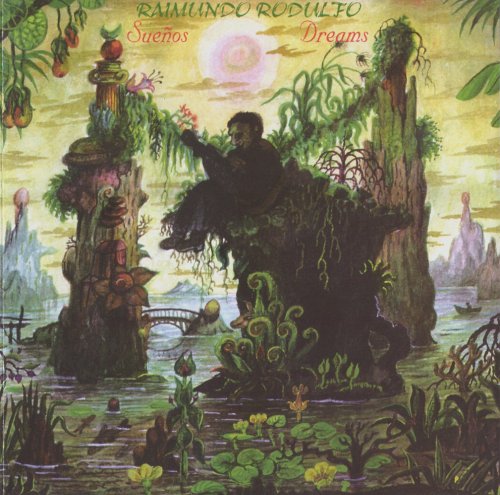
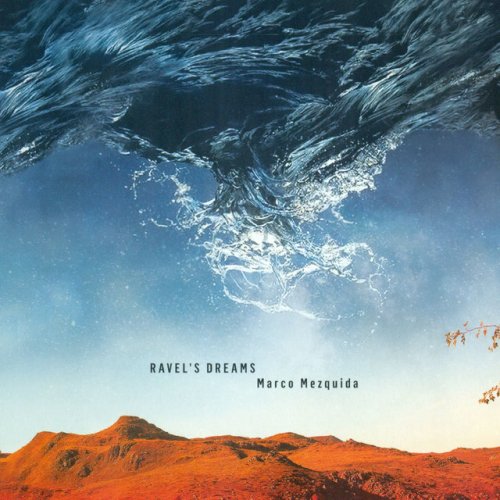
![Bob James, David Sanborn, Tsuyoshi Yamamoto, Susan Wong, Fourplay - The Best Of Evosound Audiophile (2024) [SACD] Bob James, David Sanborn, Tsuyoshi Yamamoto, Susan Wong, Fourplay - The Best Of Evosound Audiophile (2024) [SACD]](https://www.dibpic.com/uploads/posts/2026-02/1771744987_folder.jpg)

